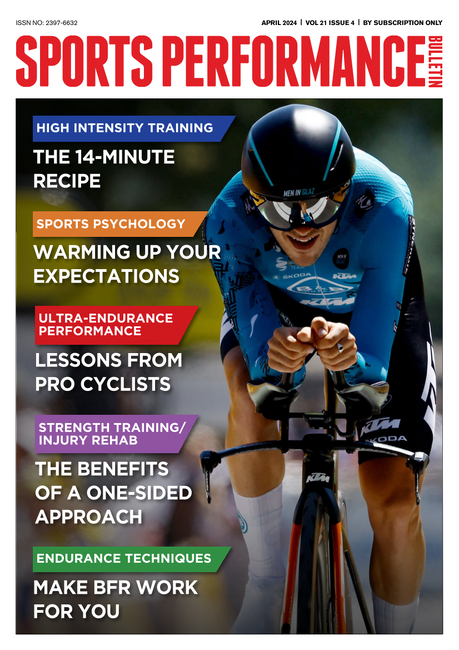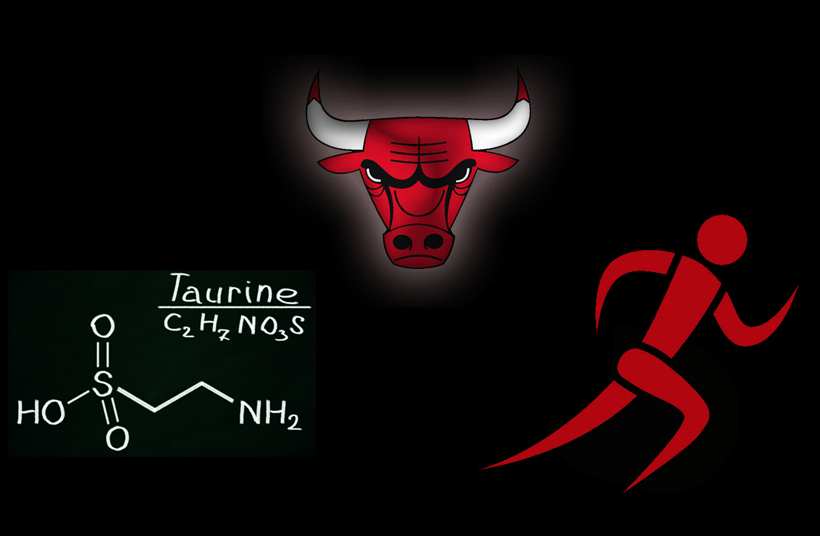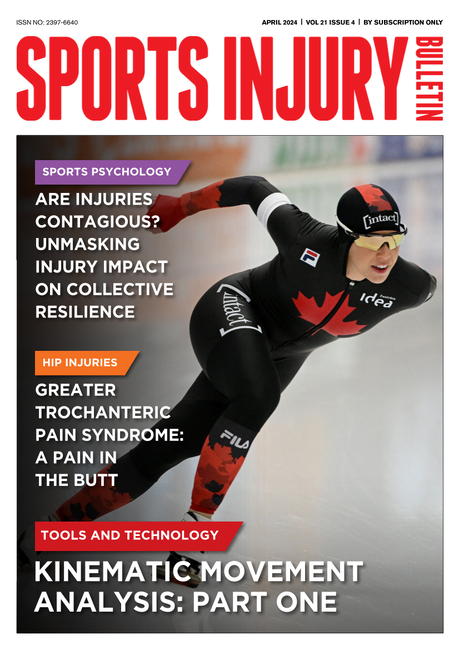You are viewing 1 of your 1 free articles. For unlimited access take a risk-free trial
Research review: Leucine supplementation and muscle mass/strength

Paper title: ‘Leucine metabolites do not induce changes in phase angle, bioimpedance vector analysis patterns, and strength in resistance trained men’ Publication: Applied Physiology Nutrition and Metabolism; 2020. doi: 10.1139/apnm-2020-0915. Online ahead of print. Publication date: December 18th 2020
Over recent years, molecular biologists have established that an amino acid (protein building block) called leucine is particularly important in the recovery process following intense exercise. Leucine it seems can help increase levels of a signalling molecule known as mTORC, which help activates the genes in muscle cells involved in muscle growth and repair. The importance of leucine was eloquently demonstrated in a fascinating study on cyclists who were given low or high-protein recovery drinks following 100 minutes of high-intensity cycling(1). The results showed that so long as the recovery drink contained at least five grams of leucine, the amount of recovery (measured by muscle synthesis) was almost the same whether the total amount of protein consumed was high (70 grams) or low (23 grams).
Does more leucine mean better recovery?
Consuming leucine-rich protein such as whey after exercise has been shown to enhance recovery(2). But can more leucine boost recovery further and could leucine supplements taken in addition to protein help accelerate muscle mass repair and growth? The cyclist study above suggests not. However, some researchers have proposed that this is because leucine absorption for the gut is limited due because the transporter proteins that carry leucine across the gut into the bloodstream become saturated, which creates a leucine absorption bottleneck. The theory is that if extra leucine could be given in a closely related form (a leucine ‘metabolite’), this bottleneck could be bypassed, resulting in greater leucine uptake into muscles and greater muscle recovery.The research
To test this theory, new research just published by Portuguese scientists has investigated the effects of off-the-shelf leucine metabolite supplements on ‘bioimpedance vector analysis’ patterns (a sophisticated way of calculating total muscle water content and therefore volume) and strength during an 8-week resistance training protocol [Appl Physiol Nutr Metab. 2020 Dec 18. doi: 10.1139/apnm-2020-0915]. Fifty-three male participants were allocated into four groups who took the following leucine metabolite supplements or placebo while also consuming a high-protein diet:- Alph-hydroxyisocaproic acid ([α-HICA]
- Beta-hydroxy-β-methylbutyrate free acid ([HMB-FA]
- Calcium β-hydroxy-β-methylbutyrate
- An inert placebo (control condition)
The findings
The first finding was that all the groups reported strength level gains after eight weeks of training. The second finding however was that none of the leucine metabolite supplemented groups showed any extra strength or muscle mass gains/improvements in body composition compared to the group that took the placebo. In short, none of the leucine metabolite supplements produced any significant gains – ie they had no effect.Practical implications
As the researchers themselves put it: “When consuming a high protein diet, none of the α-hydroxyisocaproic acid, β-hydroxy-β-methylbutyrate free acid, and calcium β-hydroxy-β-methylbutyrate metabolites resulted in an ergogenic effect in resistance trained men.” The conclusion therefore is that given the lack of solid evidence for leucine metabolites, athletes should save their money! It seems that so long as ample amounts of a leucine-rich protein such as whey is consumed after training, there are no further benefits to be had with leucine or leucine metabolite supplementation. More generally, when consuming protein for recovery, athletes should use the following guideleines:- Choose whey protein based recovery drinks. Whey is absorbed rapidly and also provides high levels of leucine – around 10% by weight.
- Topping up a recovery drink with some supplemental leucine so that the total leucine intake is around 5 grams may further increase effectiveness (eg 30g of whey would require an extra 2g of supplemental leucine).
- Consuming 2 or 3 smaller servings of recovery drink over the following hours is likely to be more effective than taking just one large drink; research suggests that each serving should contain around 20-25g protein because muscles cannot absorb and utilize more than this amount in one go.
- Med Sci Sports Exerc. 2015 Mar;47(3):547-55
- Am.J.Clin.Nutr. 2014; 99, 86–95
Newsletter Sign Up
Testimonials
Dr. Alexandra Fandetti-Robin, Back & Body Chiropractic
Elspeth Cowell MSCh DpodM SRCh HCPC reg
William Hunter, Nuffield Health
Newsletter Sign Up
Coaches Testimonials
Dr. Alexandra Fandetti-Robin, Back & Body Chiropractic
Elspeth Cowell MSCh DpodM SRCh HCPC reg
William Hunter, Nuffield Health
Keep up with latest sports science research and apply it to maximize performance
Today you have the chance to join a group of athletes, and sports coaches/trainers who all have something special in common...
They use the latest research to improve performance for themselves and their clients - both athletes and sports teams - with help from global specialists in the fields of sports science, sports medicine and sports psychology.
They do this by reading Sports Performance Bulletin, an easy-to-digest but serious-minded journal dedicated to high performance sports. SPB offers a wealth of information and insight into the latest research, in an easily-accessible and understood format, along with a wealth of practical recommendations.
*includes 3 coaching manuals
Get Inspired
All the latest techniques and approaches
Sports Performance Bulletin helps dedicated endurance athletes improve their performance. Sense-checking the latest sports science research, and sourcing evidence and case studies to support findings, Sports Performance Bulletin turns proven insights into easily digestible practical advice. Supporting athletes, coaches and professionals who wish to ensure their guidance and programmes are kept right up to date and based on credible science.












